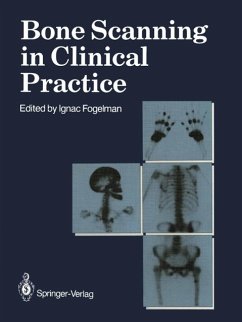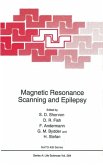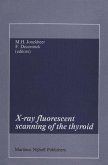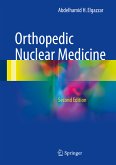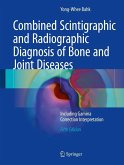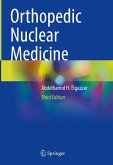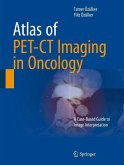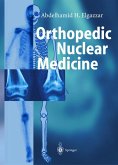The most frequently requested investigation in any nuclear medicine department remains the technetium-99m (99mTc)-labelled diphosphonate bone scan. Despite rapid advances in all imaging modalities. there has been no serious challenge to the role of bone scanning in the evaluation of the skeleton. The main reason for this is the exquisite sensitivity of the bone scan for lesion detection. combined with clear visualisation of the whole skeleton. In recent years several new diphosphonate agents have become available with claims for superior imaging of the skeleton. Essentially. they all have higher affinity for bone. thus allowing the normal skeleton to be visualised all the more clearly. However. as will be dis cussed. this may occur at some cost to the principal role of bone scanning. lesion detection. The major strength of nuclear medicine is its ability to provide functional and physiological information. With bone scanning this leads to high sensitivity for focal disease if there has been any disturbance of skeletal metabolism. However. in many other clinical situations. and particularly in metabolic bone disease. more generalised alteration in skeletal turnover may occur. and quantitation of diphosphonate uptake by the skeleton can provide valuable clinical information.
Dieser Download kann aus rechtlichen Gründen nur mit Rechnungsadresse in A, B, BG, CY, CZ, D, DK, EW, E, FIN, F, GR, HR, H, IRL, I, LT, L, LR, M, NL, PL, P, R, S, SLO, SK ausgeliefert werden.

